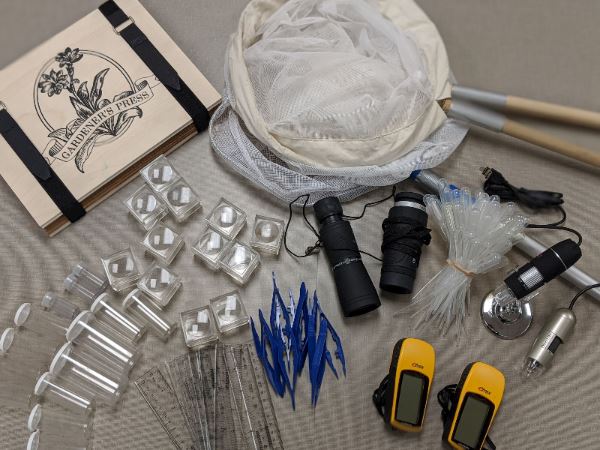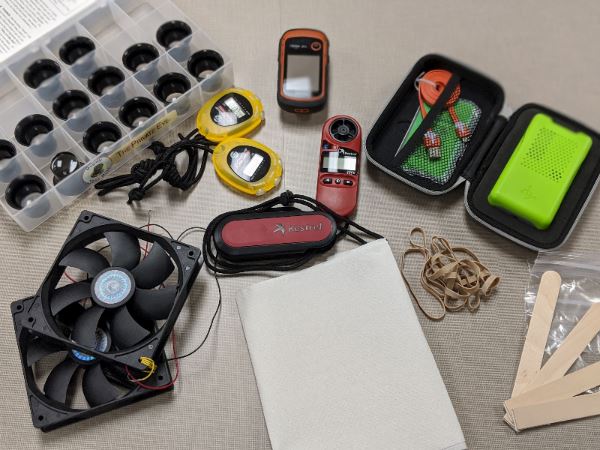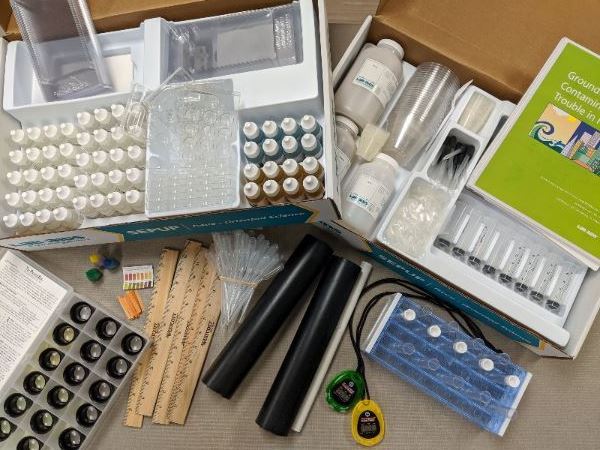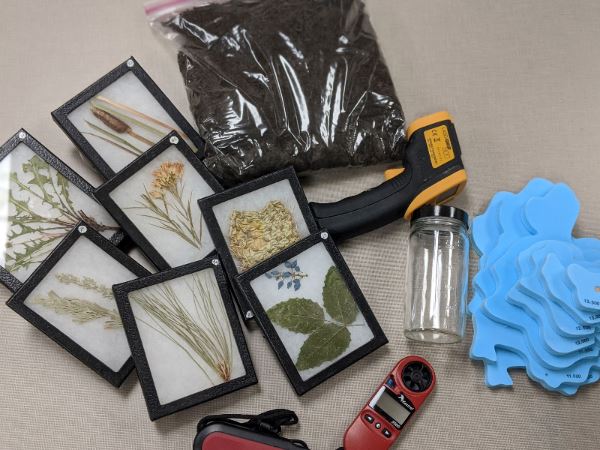Students investigate how living things interact with the environment along the Wasatch Front and how the living things tell us hidden details about the health of the environment, changing factors and how it could affect us.

Local high school environmental science teachers or advisors for environmental consciences student clubs are invited to teach up to four units (ecology, air, water and climate) using reserved classroom kits. The kits teach students environmental topics, give them the opportunity to experiment and practice gathering and reporting collected data. Each unit takes two weeks to complete.
Each completed unit qualifies the class for an award. Bronze is awarded to those who complete one unit, silver is for two units, gold for three and platinum is for the completion of all four units. A class party will be offered by the college that will include a level-specific classroom award, individual awards and of course, food.
Students investigate how living things interact with the environment along the Wasatch Front and how the living things tell us hidden details about the health of the environment, changing factors and how it could affect us.

Students learn about how the air is influenced by the environment, including contamination issues.

Students learn the importance of water in this unit. They investigate groundwater sources and processes, contamination issues and restoration, surface water and how it relates to the Wasatch Front.

Students learn about all the factors that are involved in climate. They investigate evidence for past climate along the Wasatch Front, and see how the current climate affects the environment around them.

 Initial formative assessment and an introduction to the topic.
Initial formative assessment and an introduction to the topic. Classroom activities, exciting experiments and determine field locations.
Classroom activities, exciting experiments and determine field locations. Review key concepts and introduce the importance of research.
Review key concepts and introduce the importance of research. Fieldwork and data collection then analyze and enter collected data.
Fieldwork and data collection then analyze and enter collected data. Final formative assessment and presentation of findings.
Final formative assessment and presentation of findings. Celebrate completing the class certification level with Weber State Science.
Celebrate completing the class certification level with Weber State Science.
Weber State University
College of Science
1415 Edvalson St., Dept. 2501
Ogden, UT 84408-2501